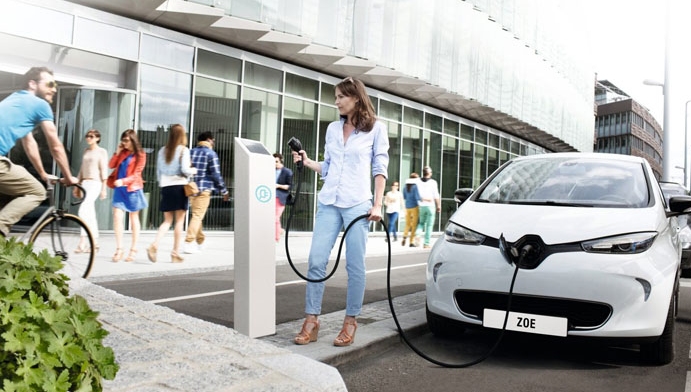Wednesday, 04/03/2026 | 15:57 GMT+7
Old Renault electric vehicle (EV) batteries will be converted into energy storage units under a new partnership between the French carmaker and UK firm Connected Energy.

At the end of their in-vehicle life, Renault EV batteries still have considerable remaining capacity, meaning they can be adopted for other applications before they are ultimately recycled.
Under this new partnership, Connected Energy will incorporate Renault batteries into its E-STOR, which can be used to store energy generated from on-site renewable generation resources such as solar panels and wind turbines, and then release it as needed.
As well as allowing more efficient use of energy, the system can also enable installation of rapid EV charging in sites where electricity supply would traditionally only allow slower rates.
Renault electric vehicle program director Eric Feunteun said: “The second life application of Renault EV batteries supports Renault’s commitment to the energy transition in the automotive industry.
“Through E-STOR, EV owners can charge their car at reduced costs with electricity that is less carbon-dependent. It makes driving an EV a smart and even more sustainable transportation solution. With this energy management technology, EVs and their batteries become an asset for the grid rather than create overload.”
Pressing problem
With rapidly increasing EV sales – 97,687 EVs were sold in Europe in 2015, up 48% on 2014 – the need to extend the life of EV batteries is growing, as is the importance of delivering power to them in a balanced, sustainable way.
The first E-STOR product is nominally rated at 50kW/50kWhr which could typically be used to support one rapid charger but the system is fully scalable and higher capacity units will follow. E-STOR will be available in the UK from July 2016
The use of car batteries as commercial or domestic energy storage is not a new idea. Nissan announced last year that used LEAF batteries will form the basis of commercial energy storage systems in Nissan facilities. American auto-maker General Motors is also piloting a similar scheme.
Car companies have also been investigating ways of using car batteries as storage while still in the cars, with Innovate UK saying that EVs present a "car park of energy storage" for UK network companies after 2025.
Edie.net







